A Pope Who Prays for Palestine
Pope Francis, who is in daily contact with Gazans, has consistently called for an end to the Israeli assault and for Palestinians and Israelis to be able to live in peace.
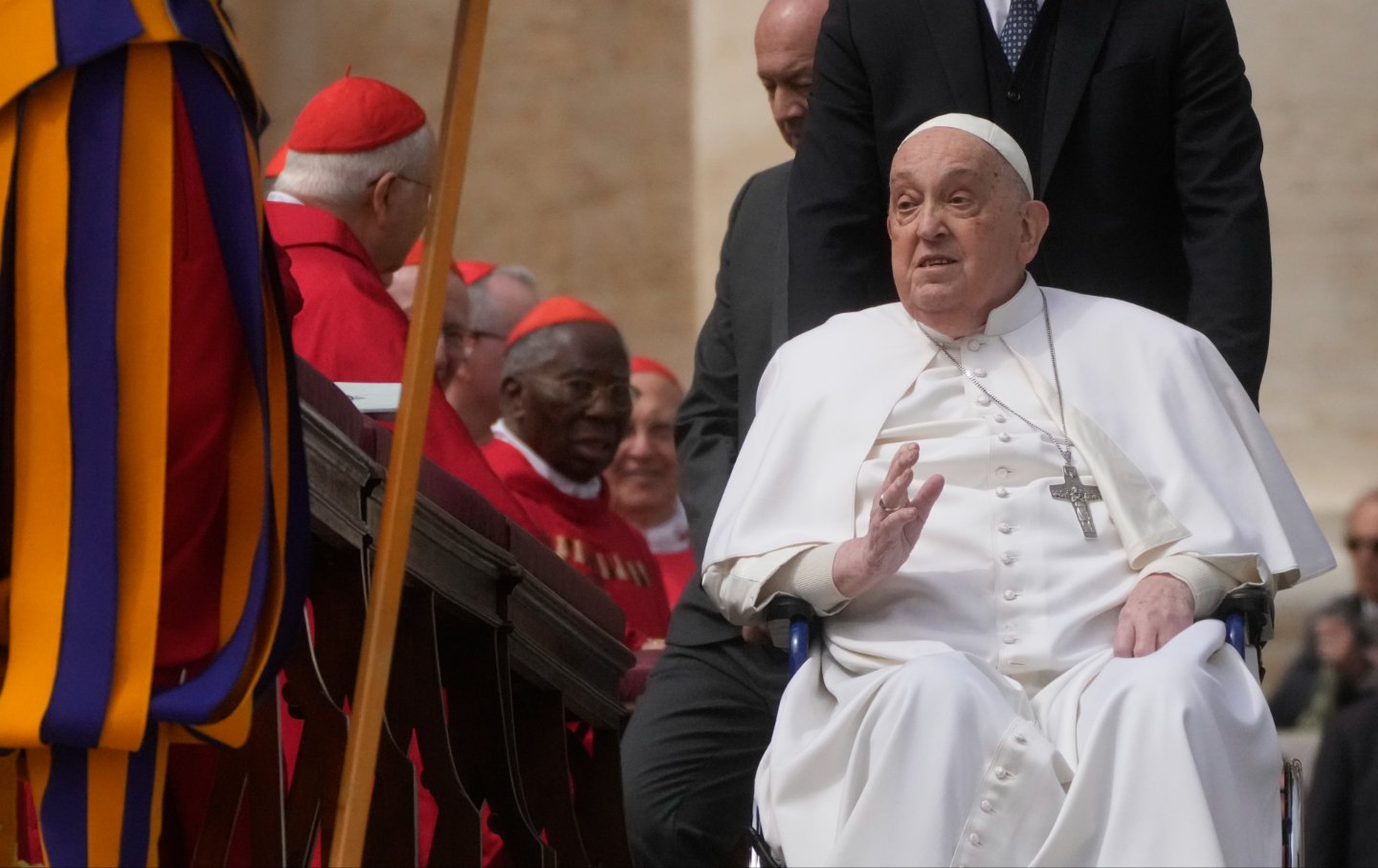
Pope Francis arrives at the end of the mass on Palm Sunday in St. Peter’s Square at The Vatican, Sunday, April 13, 2025.
(Gregorio Borgia / AP)Vatican City—Pope Francis confirmed his remarkable resilience on Palm Sunday with an extended in-person appearance, during which he greeted tens of thousands of worshipers in St. Peter’s Square. It was the latest signal that the 88-year-old pontiff is recovering from a brutal, months-long bout with double pneumonia, and that he will continue to be an essential moral voice for a world that desperately needs his advocacy for peace—especially in the Middle Eastern regions where Christianity, Judaism, and Islam find their historic roots.
This campaign has made Pope Francis arguably the most consistent high-profile defender of the humanity of the Palestinian people during a period when the Israeli assault on Gaza has been pursued with relentless violence. While too many other world leaders look away, or in the case of Donald Trump, propose to make an awful circumstance even worse, the pontiff has remained engaged on a daily basis with the plight of the Palestinians.
The pope said only a few words to the crowd that gathered at the Vatican last Sunday, a week before the Easter celebration that is a centerpiece of Catholic tradition and practice. “Good Palm Sunday, and a good Holy Week!” he announced, before offering individual greetings and prayers to gathered nuns, priests, and laypeople.
But statements issued by the Vatican on Sunday reinforced the steadiness of the pontiff’s commitment to the pursuit of peace in the world’s conflict zones.
“When we see the crowds of people forced by hatred and violence to walk the road to Calvary, let us recall that God has redeemed this road, walking it Himself, giving His life for us. Many Simons of Cyrene exist in our own day, bearing the cross of Christ on their shoulders!” read a homily that was prepared by the pope and that was read on his behalf by Cardinal Leonardo Sandri of Argentina, vice dean of the College of Cardinals, who presided over the Palm Sunday celebration of the Lord’s Passion in Saint Peter’s Square. An Angelus prayer prepared by Pope Francis for the same day made specific reference to “the martyred” innocents of Palestine, Ukraine, South Sudan, and other regions where violence flares.
This was in keeping with the long mission of Pope Francis, whose leadership of the Catholic Church over the past dozen years has challenged not just the church’s 1.4 billion faithful but public servants of all faith traditions to be “artisans of a new era of peace, justice and fraternity.”
With a boldness and specificity that has often sparked controversy, this pope has challenged economic injustice, racism, environmental neglect, militarism, and the abuses of new technologies that increase inequality. He has faced his share of criticism, not just from conservatives who disapprove of his views but also from reformers who sincerely wish that he would do more to modernize the church. Yet, in a time of too much indifference and impunity, this pope has remained uniquely engaged with the embattled regions that political and media elites neglect or abandon.
That’s been especially true when it comes to Gaza, where Pope Francis has long argued for ceasefires, arms blockades, aid convoys, and a diplomatic urgency that recognizes that Palestinians and Israelis are “fraternal peoples [who] have the right to live in peace.”
The pontiff has been consistently outspoken in decrying Israel’s ongoing military assault on Palestinian civilians, tens of thousands of whom have been killed since the October 7, 2023, Hamas attack. Responding last December to reports of the bombings of hospitals and schools, the mounting death toll, and the suffering in particular of Palestinian children, Pope Francis bluntly declared, “This is cruelty, this is not war.” Earlier in 2024, he wrote, “According to some experts, what is happening in Gaza has the characteristics of a genocide. It should be carefully investigated to determine whether it fits into the technical definition formulated by jurists and international bodies.”
In late March of this year, as he finished his long hospitalization, Pope Francis responded to the collapse of a shaky cease-fire in Gaza by stating: “I am saddened by the resumption of heavy Israeli bombing on the Gaza Strip, causing many deaths and injuries. I call for an immediate halt to the weapons; and for the courage to resume dialogue, so that all hostages may be released and a final ceasefire reached.”
The post-ceasefire Israeli assault on Gaza comes at a time when President Trump has proposed the removal and resettlement of the enclave’s population as part of a scheme that could see the United States attempt to “take over” and “own” the historic homeland of Palestinians. Broadly denounced as “ethnic cleansing.” Trump’s proposal has added insult to injury for Gazans who have been the target of an ongoing Israeli military assault that has claimed the lives of more than 50,000 Palestinians—most of them women and children—and destroyed or seriously damaged at least 70 percent of Gaza’s buildings, including mosques and church compounds.
Amid so much pain and so much crude political maneuvering by US and Israeli leaders, the pontiff has focused on the humanity of Palestinians. Even as he was hospitalized—and as media outlets speculated about the seriousness of a medical condition that might have cost him his life—Pope Francis maintained his remarkable commitment to try to check in on a daily basis with priests and parishioners at the Holy Family Catholic Church in Gaza City. The church, which serves the small Catholic community in a predominantly Muslim enclave, has become a refuge for people of all faiths amid the violence.
Popular
“swipe left below to view more authors”Swipe →Early in the period of the pope’s long hospitalization this year, the leader of the Holy Family community, Argentine-born Father Gabriel Romanelli, reported to Vatican media, “The Holy Father called us the first two days of hospitalization, people were waiting at 8 p.m. Gaza time as always.… Although we had a blackout in the whole area of Gaza City, he insisted and managed to contact us with a video call.”
The pope kept calling and sending messages throughout his hospitalization and continues to do so during his convalescence. He thanks the Gazans for their prayers for his recovery, just as they thank Pope Francis for his prayers for their survival in a time of misery and violence.
Support independent journalism that does not fall in line
Even before February 28, the reasons for Donald Trump’s imploding approval rating were abundantly clear: untrammeled corruption and personal enrichment to the tune of billions of dollars during an affordability crisis, a foreign policy guided only by his own derelict sense of morality, and the deployment of a murderous campaign of occupation, detention, and deportation on American streets.
Now an undeclared, unauthorized, unpopular, and unconstitutional war of aggression against Iran has spread like wildfire through the region and into Europe. A new “forever war”—with an ever-increasing likelihood of American troops on the ground—may very well be upon us.
As we’ve seen over and over, this administration uses lies, misdirection, and attempts to flood the zone to justify its abuses of power at home and abroad. Just as Trump, Marco Rubio, and Pete Hegseth offer erratic and contradictory rationales for the attacks on Iran, the administration is also spreading the lie that the upcoming midterm elections are under threat from noncitizens on voter rolls. When these lies go unchecked, they become the basis for further authoritarian encroachment and war.
In these dark times, independent journalism is uniquely able to uncover the falsehoods that threaten our republic—and civilians around the world—and shine a bright light on the truth.
The Nation’s experienced team of writers, editors, and fact-checkers understands the scale of what we’re up against and the urgency with which we have to act. That’s why we’re publishing critical reporting and analysis of the war on Iran, ICE violence at home, new forms of voter suppression emerging in the courts, and much more.
But this journalism is possible only with your support.
This March, The Nation needs to raise $50,000 to ensure that we have the resources for reporting and analysis that sets the record straight and empowers people of conscience to organize. Will you donate today?
More from The Nation
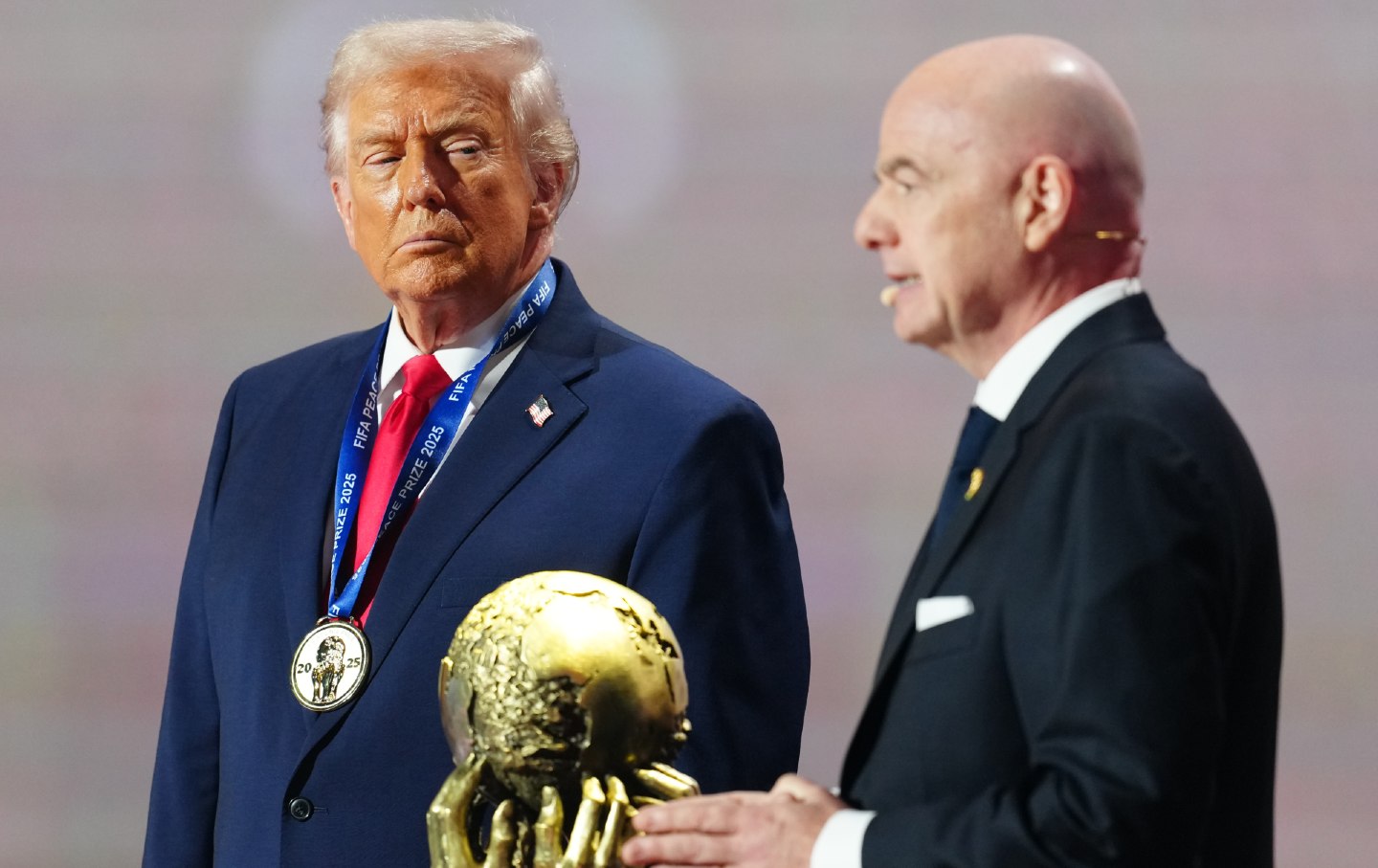
Trump and His Soulless Cronies Have Managed to Suck the Joy Out of the World Cup Trump and His Soulless Cronies Have Managed to Suck the Joy Out of the World Cup
Not even soccer is immune from Trump’s reverse Midas touch.
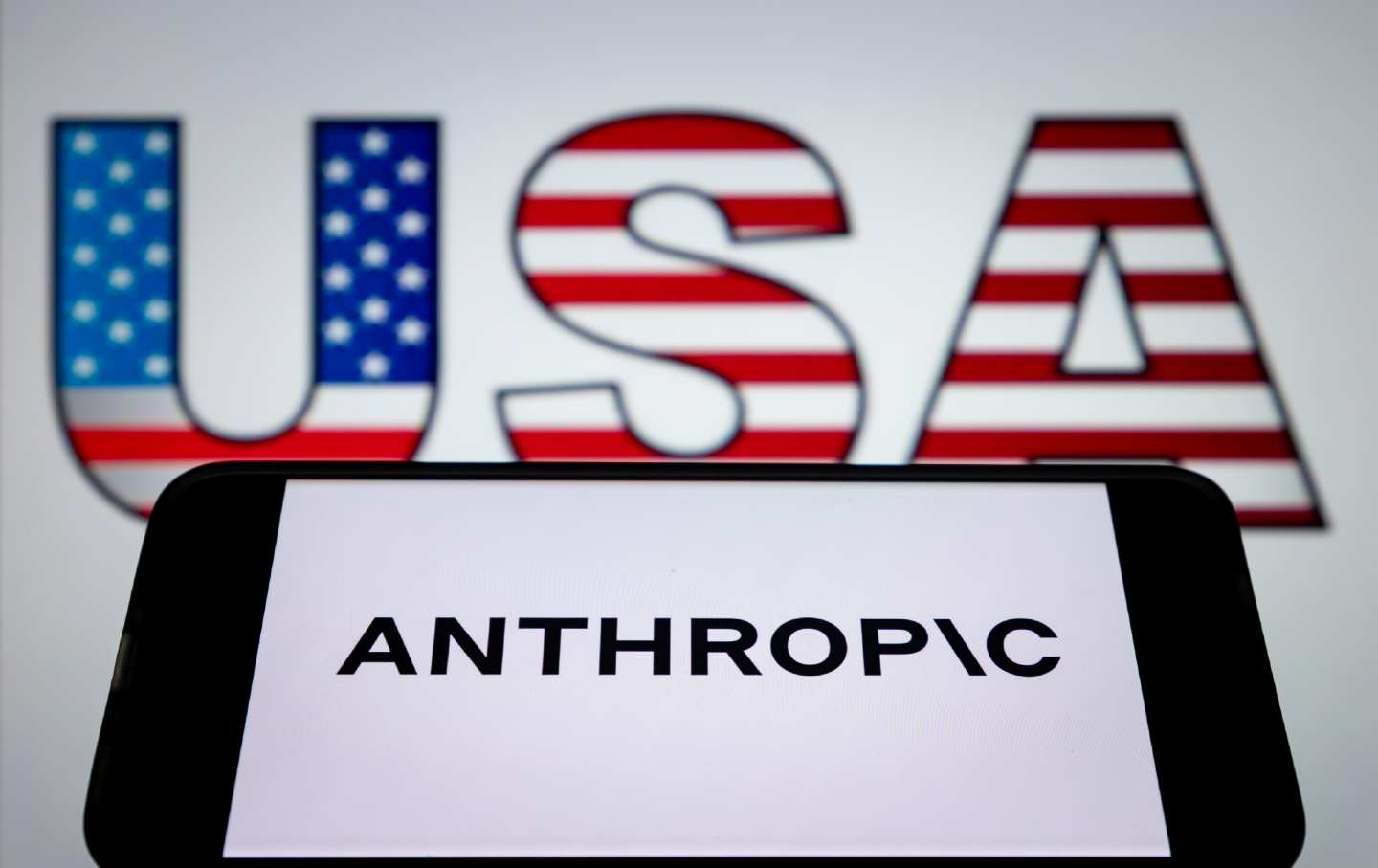
Garbage In, Carnage Out Garbage In, Carnage Out
The harrowing lessons of the Pentagon’s recently dissolved partnership with Anthropic.
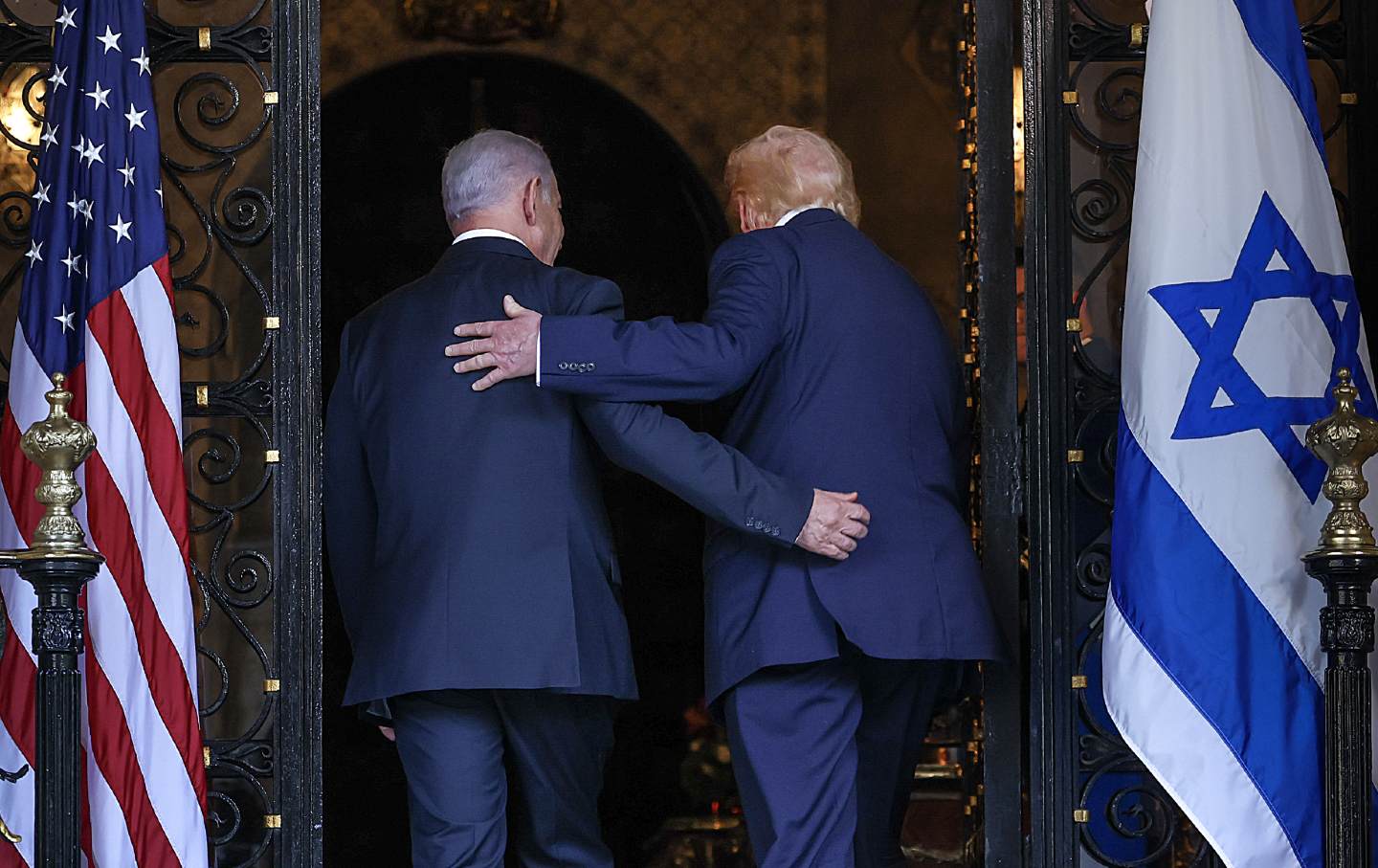
The Iran War Could Be Catastrophic for the US-Israel Alliance. Good. The Iran War Could Be Catastrophic for the US-Israel Alliance. Good.
As Israel’s role in pushing the war with Iran comes into ever sharper focus, it’s up to us to turn outrage into change.
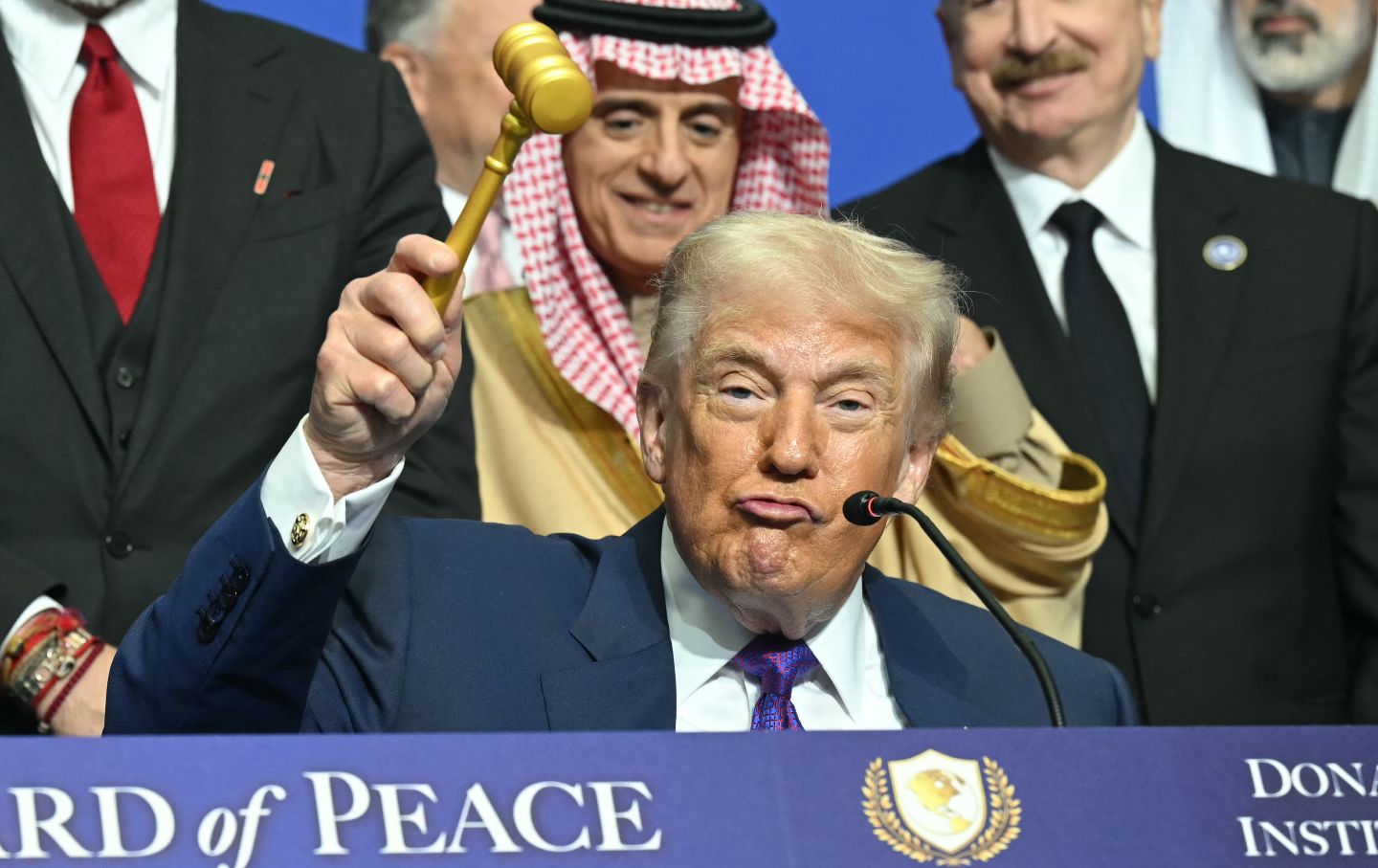
An Unlawful War An Unlawful War
The precedent being set by the US in launching this war of aggression against Iran will long live in infamy.
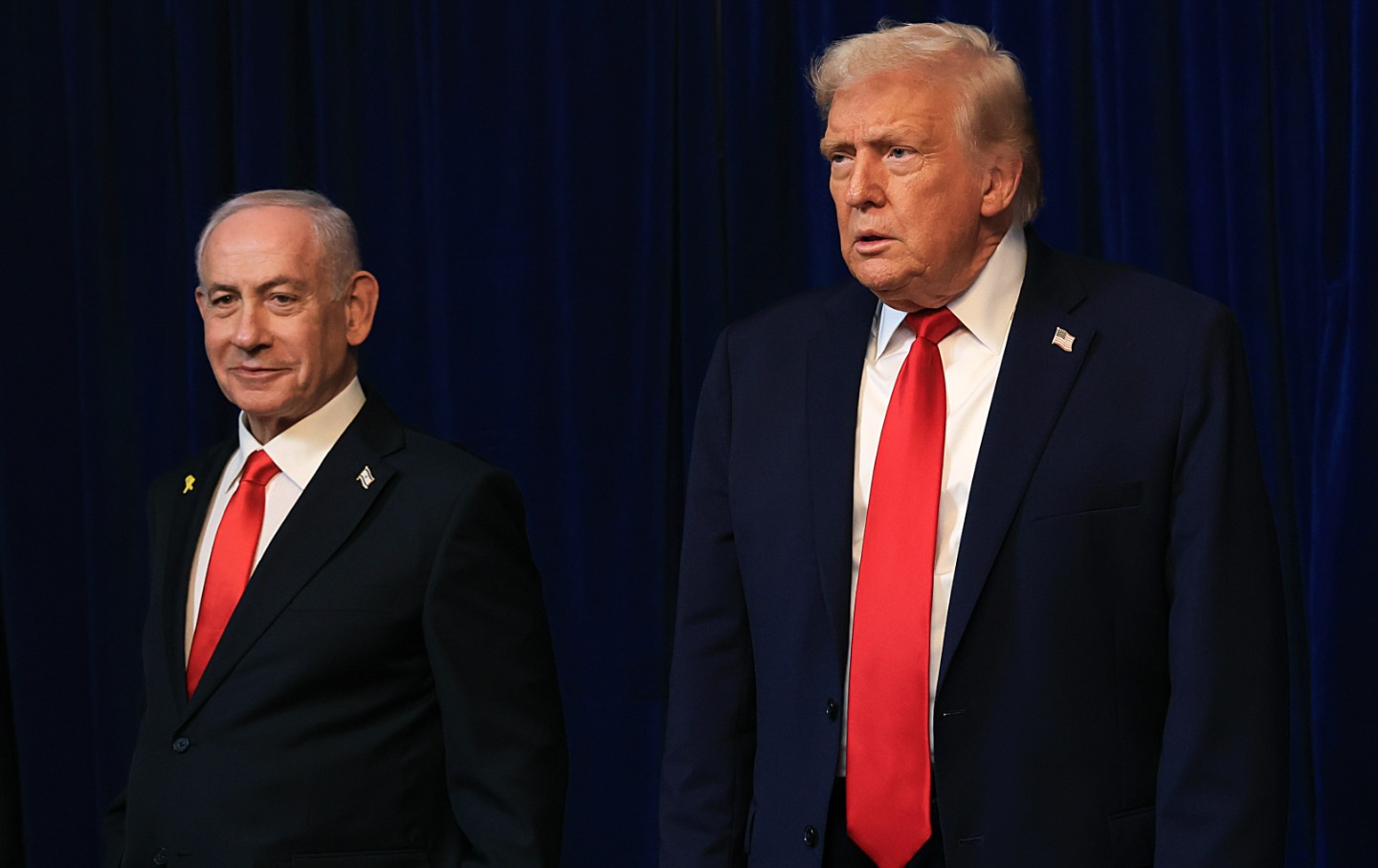
Trump and Netanyahu Want to Turn Iran Into a Failed State Trump and Netanyahu Want to Turn Iran Into a Failed State
This war looks designed to cause maximum chaos and instability. The world will pay a high price.
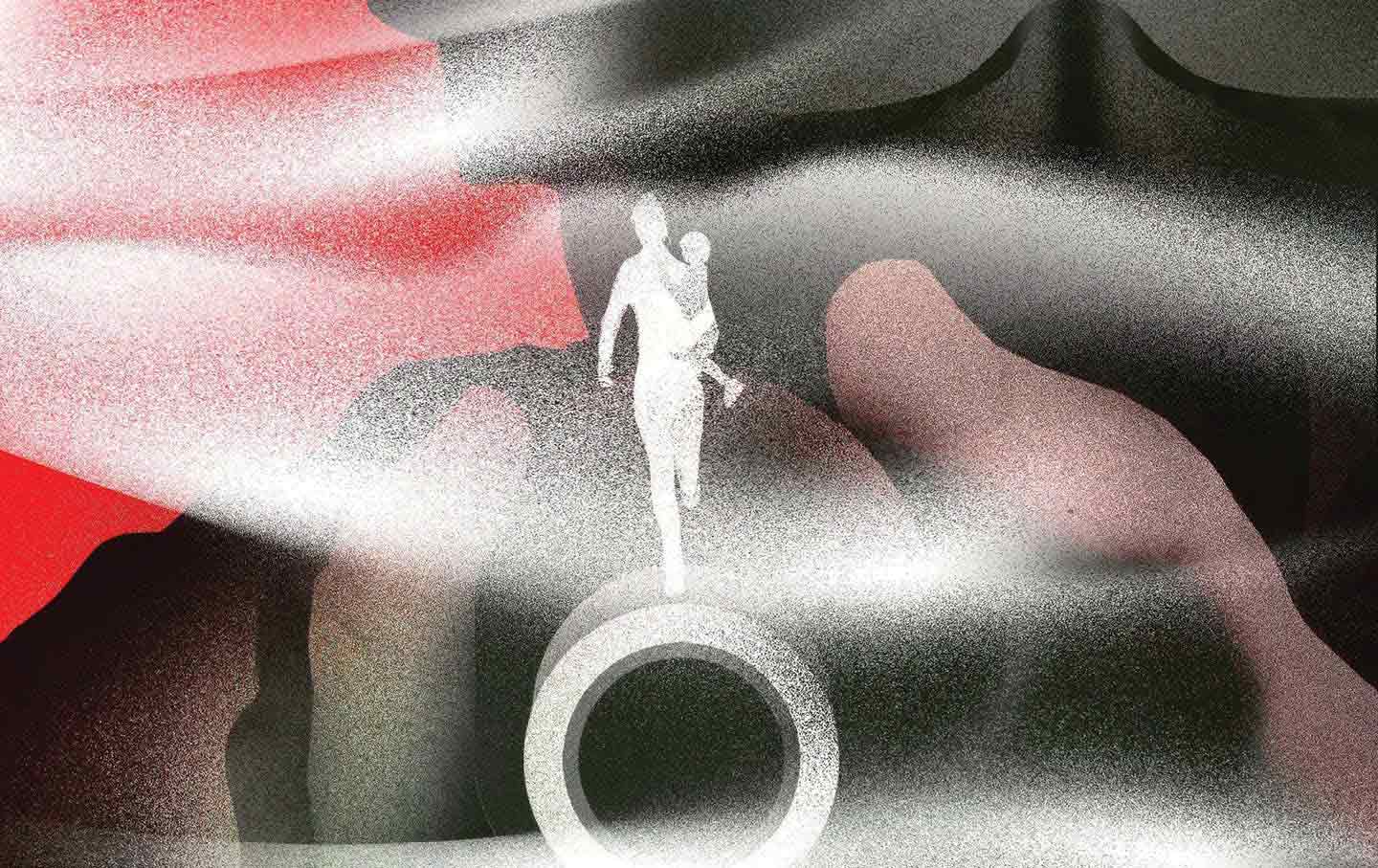
The War on Terror Paved the Way for Trump’s Rise—Now He’s Making It His Own The War on Terror Paved the Way for Trump’s Rise—Now He’s Making It His Own
Only the total abolition of the DHS can restore freedom.


